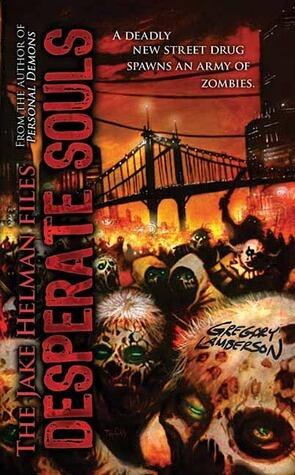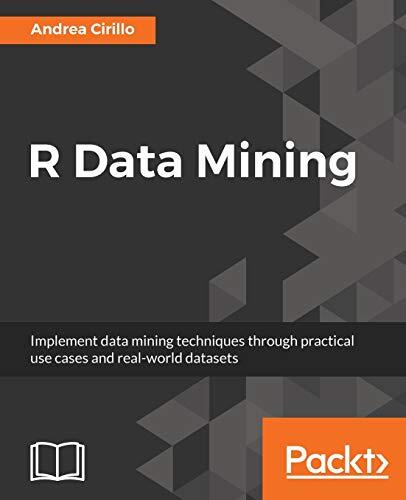
Controversies in White-Collar Crime
작성자
Gary W. Potter
아직 평점이 없습니다
Mystery
Business & Economics
형식
페이퍼백
페이지
260
언어
영어
출판됨
Jul 15, 2001
출판사
Anderson
판
1
ISBN-10
1583605142
ISBN-13
9781583605141
설명
Gary W. Potter delves into the complex world of white-collar crime, unraveling the intricacies and significant debates surrounding this often-overlooked aspect of criminal behavior. The book explores various forms of white-collar crime, analyzing how these offenses differ from traditional street crimes and the societal implications they carry. Through engaging case studies and real-world examples, Potter sheds light on the motivations behind these crimes and the impact they have on victims, corporations, and the economy.
The author also confronts the controversies that arise in understanding and prosecuting white-collar crime. He discusses the challenges law enforcement faces in identifying these crimes, the legal and ethical dilemmas in holding perpetrators accountable, and the public perception of white-collar criminals versus those who commit more visible offenses. Potter emphasizes how these conflicts affect policy-making and the justice system’s response.
Moreover, the examination of white-collar crime transcends mere categorization; it invites readers to reflect on societal values and the vulnerabilities inherent in financial systems. By presenting multiple perspectives on this issue, the book encourages a nuanced discussion about crime, ethics, and justice.
Ultimately, Potter’s work serves as a critical resource for anyone interested in understanding the complexities of white-collar crime within the broader context of criminology and social justice. Through well-researched insights and thought-provoking analysis, he highlights the pressing need for a comprehensive approach to tackle this pervasive problem in society.
The author also confronts the controversies that arise in understanding and prosecuting white-collar crime. He discusses the challenges law enforcement faces in identifying these crimes, the legal and ethical dilemmas in holding perpetrators accountable, and the public perception of white-collar criminals versus those who commit more visible offenses. Potter emphasizes how these conflicts affect policy-making and the justice system’s response.
Moreover, the examination of white-collar crime transcends mere categorization; it invites readers to reflect on societal values and the vulnerabilities inherent in financial systems. By presenting multiple perspectives on this issue, the book encourages a nuanced discussion about crime, ethics, and justice.
Ultimately, Potter’s work serves as a critical resource for anyone interested in understanding the complexities of white-collar crime within the broader context of criminology and social justice. Through well-researched insights and thought-provoking analysis, he highlights the pressing need for a comprehensive approach to tackle this pervasive problem in society.



















